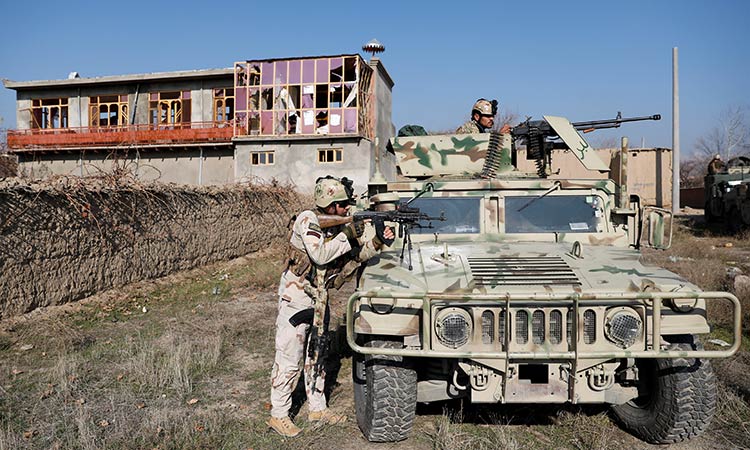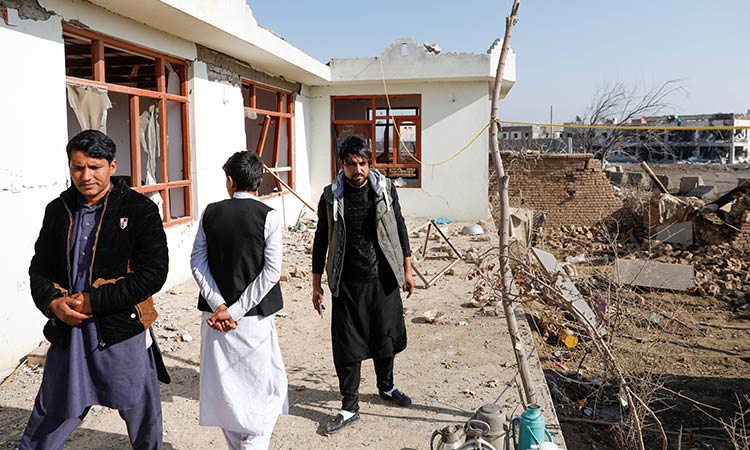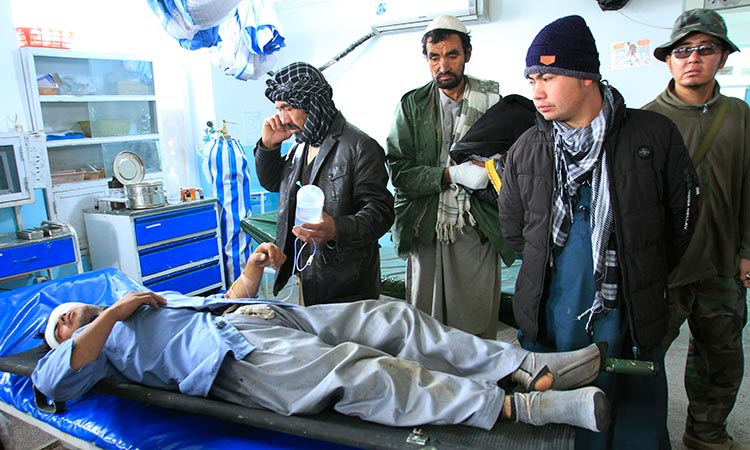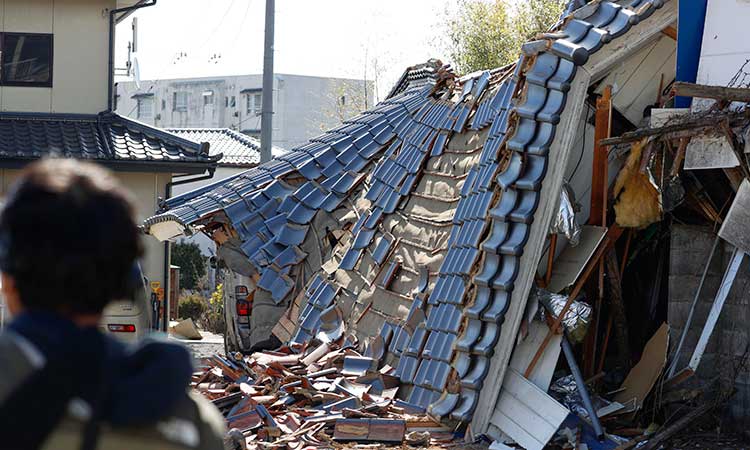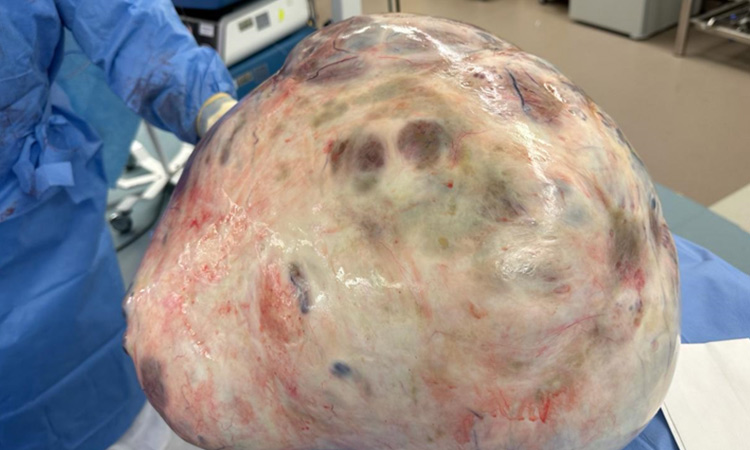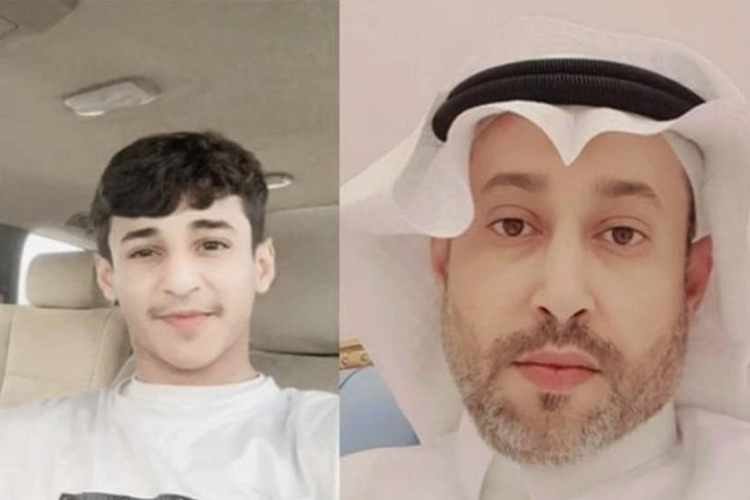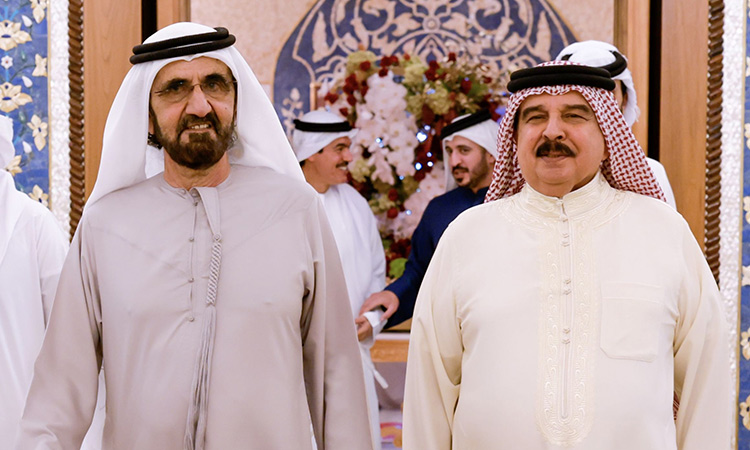Japanese doctor among six killed in Afghanistan attack
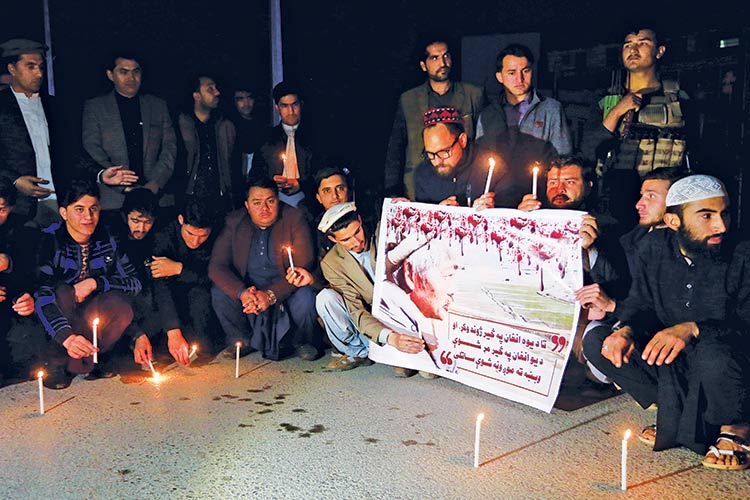
Afghans light candles in front of the portrait of Tetsu Nakamura in Jalalabad on Wednesday. Reuters
The Taliban, who along with the Daesh group, operate across the province, denied involvement in Wednesday’s attack. Taliban spokesman Zabihullah Mujahid tweeted that the insurgent group “has no connection” to Wednesday’s shooting and does not consider the Japanese charity a target.
Afghanistan’s former deputy foreign minister says Washington’s special peace envoy Zalmay Khalilzad is in the Afghan capital “to discuss the latest in peace efforts.”
Hekmat Karzai tweeted photographs of his meeting on Wednesday with Khalilzad in Kabul, saying they “spoke about the way forward.”
A Taliban official said they have held informal talks with the Americans, without specifying where or who participated.
He spoke on condition of anonymity to discuss the talks. Khalilzad’s visit comes just days after President Donald Trump visited US troops in Afghanistan for the Thanksgiving holiday, when he hinted at a resumption of peace talks with the Taliban.
The leaders of Japan and Afghanistan expressed their condemnations of the attack that took the life of Tetsu Nakamura, and also killed five Afghans, including the doctor’s bodyguards, the driver and a passenger, hospital spokesman Gulzada Sanger said.
Nakamura, 73, had worked in the eastern Nangarhar province for over a decade, taking the lead in water projects in rural areas, which earned him the nickname ‘’Uncle Murad’’ for his services to the people. Afghan President Ashraf Ghani awarded him honorary Afghan citizenship in April.
Nakamura died of his wounds shortly after gunmen opened fire on his car on Wednesday morning on a road in Nangarhar. According to the provincial governor’s spokesman, Attaullah Khogyani, Nakamura was heading to the provincial capital, Jalalabad, when the attack took place.
He was critically wounded and underwent surgery at a local hospital but died shortly after, while being airlifted to the Bagram airfield hospital in the capital, Kabul, said Sanger.
Japanese Prime Minister Shinzo Abe expressed shock at the brutal killing.
“As a doctor, Mr. Nakamura made great contributions in areas of medical care in Afghanistan,” Abe told reporters in Tokyo, stressing that Nakamura risked his life daily “in a dangerous and intense region.”
Nakamura had headed the Japanese charity, Peace Medical Service, in Nangarhar since 2008. He came to Afghanistan after a Japanese colleague, Kazuya Ito, was abducted and killed.
Nakamura was credited with changing a vast desert stretch in Nangarhar known as Gamber to lush forests and productive wheat farmlands.
President Ghani’s spokesman, Sediq Sediqqi, condemned the killing, calling it a “heinous act and a cowardly attack on one of Afghanistan’s greatest friends.”
“Dr Nakamura dedicated all his life to change the lives of Afghans, worked on water management, dams and improvement of traditional agriculture in Afghanistan,” Sediqqi added. Ghani expressed his condolences in a telephone conversation with Japanese Ambassador Mistuji Suzuka in Kabul and instructed authorities to find and punish the perpetrators behind the attack.
The Nangarhar governor, Shah Mahmood Meyakhail, expressed his condolences, saying that the people of the province were all saddened and remain thankful for the services the Japanese physician provided for over a decade.
Hundreds of Afghans posted photographs of Nakamura on their social media pages, condemning the killing and underscoring how respected the Japanese physician was.
In Fukuoka, southwestern Japan, where the charity is based, the organization’s spokesman Mitsuji Fukumoto lauded Nakamura’s work.
“I still can’t believe it. This is unbearable,” Fukumoto said of Nakamura.
“He had won the people’s trust by bringing not weapons but water through irrigation.” No one immediately claimed responsibility for the attack, the second in as many weeks targeting aid workers in Afghanistan.
Agencies
